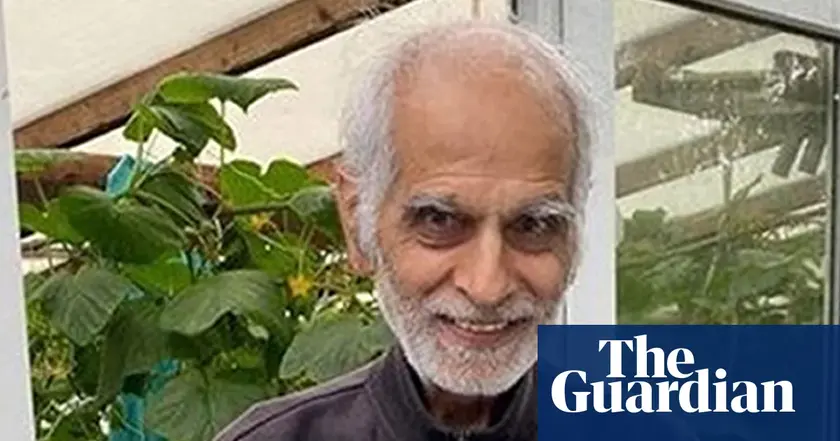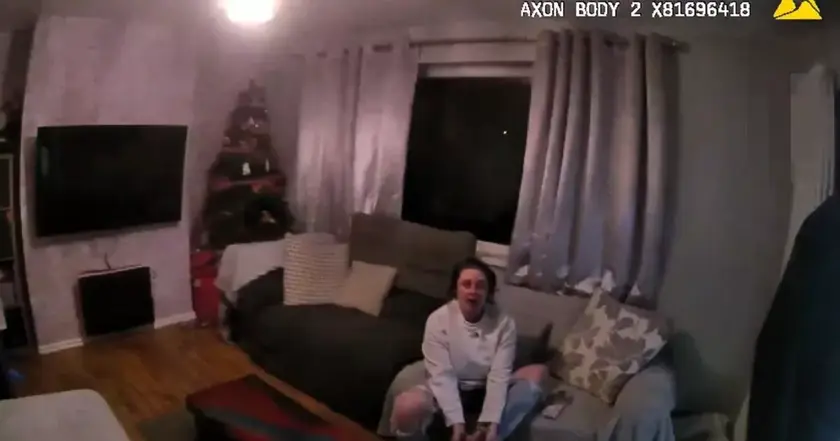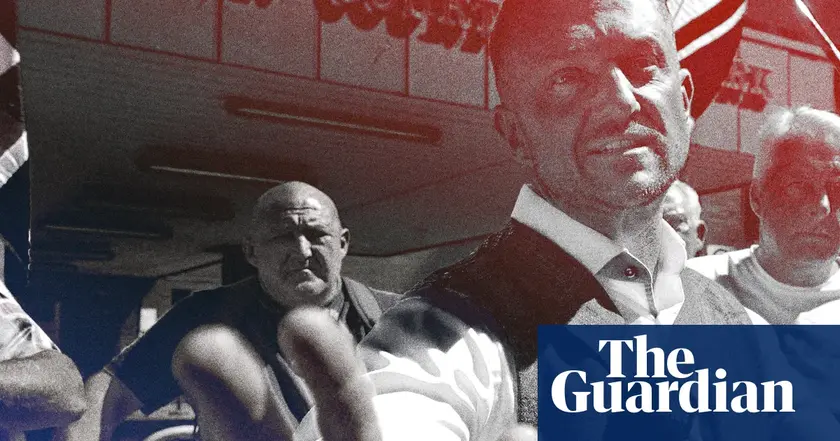T4K3.news
Court keeps seven year sentence for teen killer
The Court of Appeal confirms the seven year sentence for a 15 year old in the Bhim Kohli case, while a 13 year old receives rehab.

A court keeps a seven year sentence for a 15 year old accused of manslaughter, as the victim’s daughter calls for guideline reform.
Court refuses to increase sentence for teen killer of Bhim Kohli
The Court of Appeal has decided not to increase the seven year custodial sentence given to a 15 year old boy for the manslaughter of Bhim Kohli, who was 80. The boy was found guilty in April and was sentenced in June. A 13 year old girl received a three year rehabilitation order with a six month curfew and community service. The case was referred to the Court of Appeal under the unduly lenient sentence scheme by the Solicitor General, Lucy Rigby, who said the case’s seriousness justified review but respected the court's decision.
Susan Kohli, Bhim Kohli’s daughter, spoke of her disappointment and urged changes to sentencing guidelines to better hold youths accountable. The court accepted that video footage shown at trial depicted the attack and the bystander’s response, while the defence argued the current sentence was too lenient. The judges noted the offence was serious and that the sentence was justified by the circumstances, including elements raised during the trial and the evidence presented in court.
Key Takeaways
"We should not have to lose somebody else to these youngsters"
Susan Kohli speaking after the appeal decision
"The sentence is entirely warranted by the seriousness of the offence"
Lady Justice Macur describing the appeal ruling
"It is unarguable that the sentence was manifestly excessive"
Lady Justice Macur commenting on the perceived excess
"Case’s seriousness qualified the sentence for reconsideration"
Lucy Rigby, Solicitor General, on the unduly lenient sentence process
This case highlights a clash between calls for tougher punishment of young offenders and the principle of proportionality in sentencing. It also shows how the unduly lenient sentence mechanism operates in practice, allowing high courts to review outcomes they see as too soft. Critics may push for reform, especially when a victim’s family voices a demand for stronger deterrence and the public tests confidence in local policing and youth services.
At the same time, the decision underscores the judiciary’s effort to balance rehabilitation with accountability. The court’s ruling suggests a view that a seven year term can be appropriate where the violence was grave and supported by evidence. The broader question is how guidelines should adapt to changing views on youth crime and community safety.
Highlights
- We should not have to lose somebody else to these youngsters
- The sentence is entirely warranted by the seriousness of the offence
- It is unarguable that the sentence was manifestly excessive
- Case’s seriousness qualified the sentence for reconsideration
Racially charged content and public reaction risk
The article references alleged racial abuse tied to the incident and includes videos from the trial. Coverage could provoke public backlash or heightened community tensions. Reporter caution is needed to avoid stigmatizing youths while covering sensitive claims.
The case leaves the wider issue of how society treats youth crime unresolved
Enjoyed this? Let your friends know!
Related News

Merseyside jails 66 criminals in July

Constance Marten criticizes prosecutors after manslaughter conviction

Kirsty Carless found guilty of murdering Louis Price

Killer on the run from open prison

Kirsty Carless sentenced to life in prison

Two family members sentenced for cocaine trafficking

Tommy Robinson's Support Network Exposed

OnlyFans model receives suspended sentence
